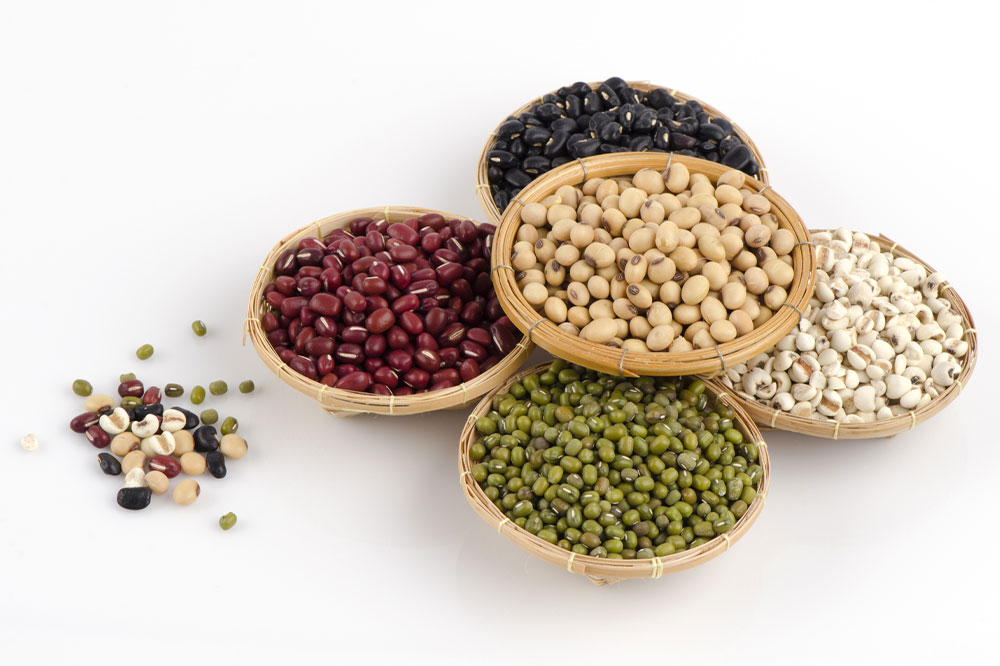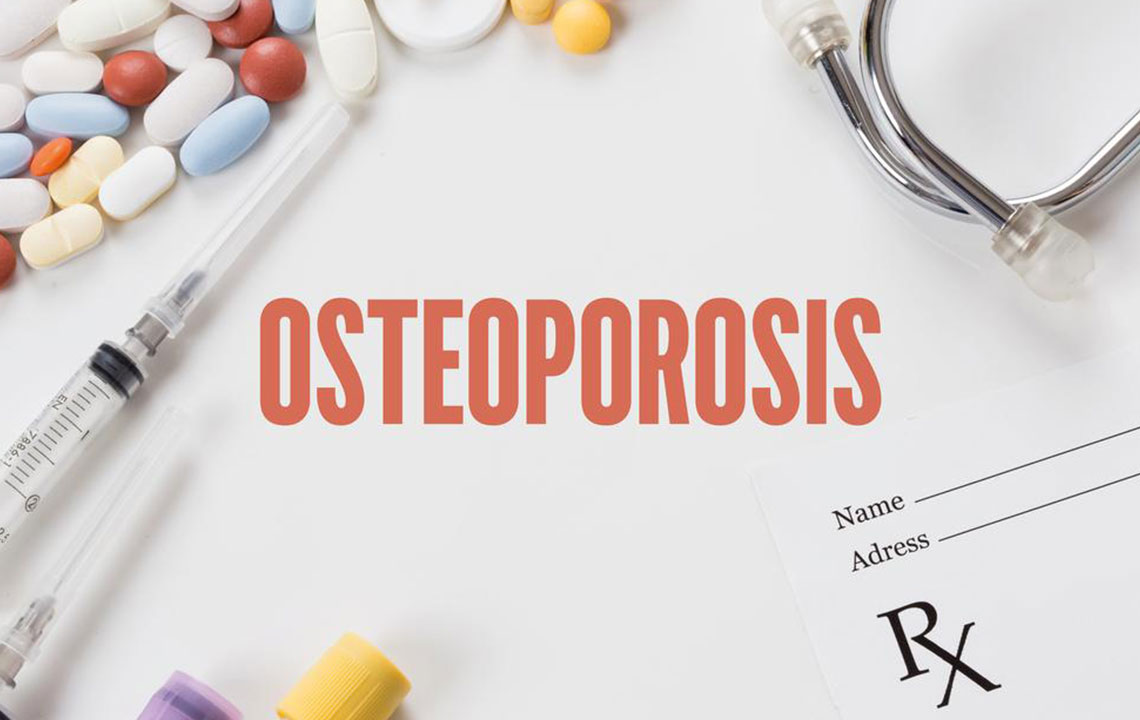Comprehensive Guide to Lifestyle Practices for Healthy and Strong Bones
Discover scientifically proven lifestyle strategies to maintain strong, healthy bones. From engaging in weight-bearing exercises to optimizing your diet with calcium, vitamin D, and collagen, this comprehensive guide provides actionable tips suitable for all ages. Maintaining good bone health is essential for mobility and overall well-being. Learn how regular physical activity, proper nutrition, and lifestyle choices can help prevent osteoporosis and other bone-related issues, ensuring a resilient skeleton for years to come.

Comprehensive Guide to Lifestyle Practices for Healthy and Strong Bones
Maintaining robust bone health is fundamental to overall body functionality and long-term well-being. Our bones not only provide structural support but also function as reservoirs for minerals and play a vital role in mobility and daily activities. Bone strength is influenced by various factors, including genetics, nutrition, physical activity, and lifestyle choices. While genetic predisposition does play a role, adopting healthy habits can significantly improve bone density, reduce the risk of osteoporosis, and promote lifelong skeletal health. This extensive guide delves into scientifically backed strategies and practical tips that can help you maintain or enhance your bone strength now and in the future.
Engage in Regular Weight-Bearing and Strength Training Exercises
Contrary to the misconception that exercise may weaken bones, evidence demonstrates that weight-bearing and resistance exercises are powerful tools in promoting bone health. Engaging in activities such as walking, jogging, dancing, stair climbing, and resistance training increases mechanical stress on bones, stimulating osteoblast activity—the cells responsible for building new bone tissue. This process enhances bone mineral density (BMD), making bones stronger and more resistant to fractures. Particularly for adults over 30, consistent strength exercises can prevent age-related bone loss and improve skeletal resilience.To maximize benefits, integrate a variety of high-impact, weight-bearing activities into your weekly routine. For beginners, consulting a fitness professional can ensure proper technique and prevent injury. Starting slow and gradually increasing the intensity also helps avoid overtraining. Remember, consistency over time is key to achieving and maintaining optimal bone health.
Eat a Calcium-Rich Diet with Adequate Vitamin D and K2
Calcium remains the cornerstone of bone health. It provides the primary mineral component of bones, contributing to their strength and density. The human body requires about 1000 mg of calcium daily for most adults, although individual needs can vary based on age, sex, and health status. Dairy products such as milk, cheese, and yogurt are excellent sources, along with leafy green vegetables like kale and broccoli, calcium-fortified foods, and certain fishes like sardines and salmon with bones.In tandem with calcium, vitamins D and K2 are essential for efficient calcium utilization and proper bone mineralization. Vitamin D facilitates calcium absorption in the intestines, ensuring that the body maintains an adequate calcium supply. Sunlight exposure is a natural way to boost vitamin D levels; however, supplements or fortified foods can be considered, especially in regions with limited sunlight. Vitamin K2 helps activate proteins like osteocalcin, which direct calcium to bones and prevent its deposition in arteries or soft tissues. Incorporate foods rich in K2, such as natto, hard cheeses, and fermented foods, into your diet for optimal benefits.
Use Collagen Supplements to Support Bone Structural Integrity
Collagen type I makes up a significant part of the bone matrix, providing tensile strength and flexibility. As we age, natural collagen production declines, contributing to decreased bone mass and increased fracture risk. Supplementing with collagen peptides or hydrolyzed collagen may provide amino acids crucial for bone matrix synthesis, especially glycine, proline, and lysine. Scientific studies suggest that collagen supplementation can improve markers of bone metabolism and may contribute to increased BMD over time.Before adding collagen supplements, consult your healthcare provider to ensure it aligns with your individual health profile. Incorporating collagen-rich foods such as bone broth or considering high-quality supplements can be part of a comprehensive approach to maintaining skeletal health.
In addition to these core strategies, maintaining a balanced lifestyle—avoiding smoking, limiting excessive alcohol consumption, and managing chronic health conditions like osteoporosis—is crucial. Regular health checks and bone density scans can help monitor progress and tailor intervention strategies accordingly. Ultimately, adopting a holistic approach that combines nutrition, physical activity, and lifestyle modifications provides the best chance to preserve bone health throughout life.





